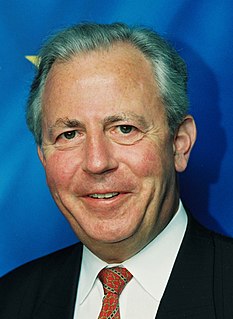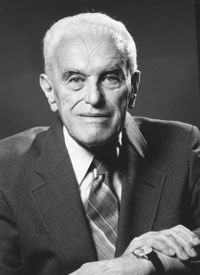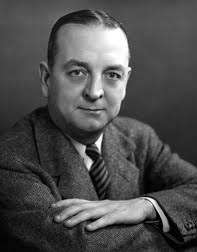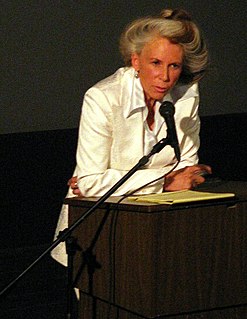A Quote by Murray Rothbard
Keynes eliminated economic theory's ancient role as spoilsport for inflationist and statist schemes, leading a new generation of economists on to academic power and to political pelf and privilege.
Related Quotes
Viewed as a means to the end of political freedom, economic arrangements are important because of their effect on the concentration or dispersion of power. The kind of economic organization that provides economic freedom directly, namely, competitive capitalism, also promotes political freedom because it separates economic power from political power and in this way enables the one to offset the other
The broadening of the economic order which came to be seated in the individual property owner... dramatized by Jefferson's purchase of the Louisiana Territory... "The supremacy of corporate economic power... consolidated by the Supreme Court decision of 1886 which declared that the Fourteenth Amendment protected the corporation... [the New Deal, leading to], within the political arena, as well as in the corporate world itself, competing centers of power that challenged those of the corporate directors.
The seminar in economic theory conducted by Hayek at the L.S.E. in the 1930s was attended, it came to seem, by all of the economists of my generation - Nicky Kaldor , Thomas Balogh, L. K. Jah, Paul Rosenstein-Rodan, the list could be indefinitely extended. The urge to participate (and correct Hayek) was ruthlessly competitive.
There is one great advantage to being an academic economist in France: here, economists are not highly respected in the academic and intellectual world or by political and financial elites. Hence they must set aside their contempt for other disciplines and their absurd claim to greater scientific legitimacy, despite the fact that they know almost nothing about anything.
































